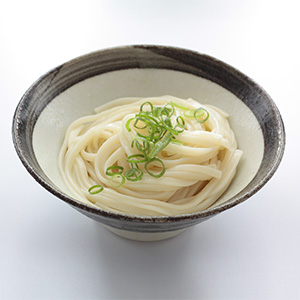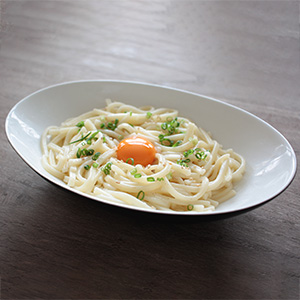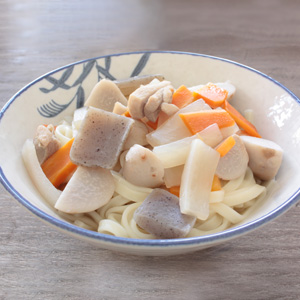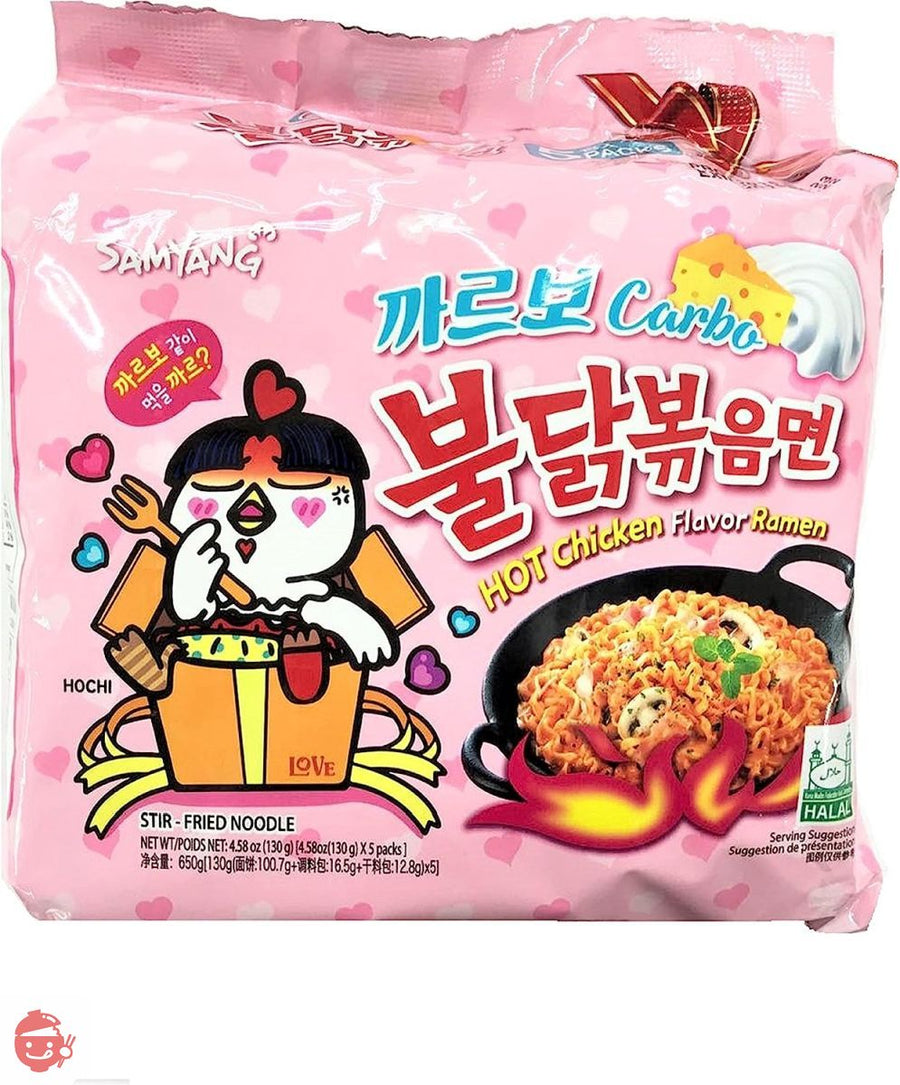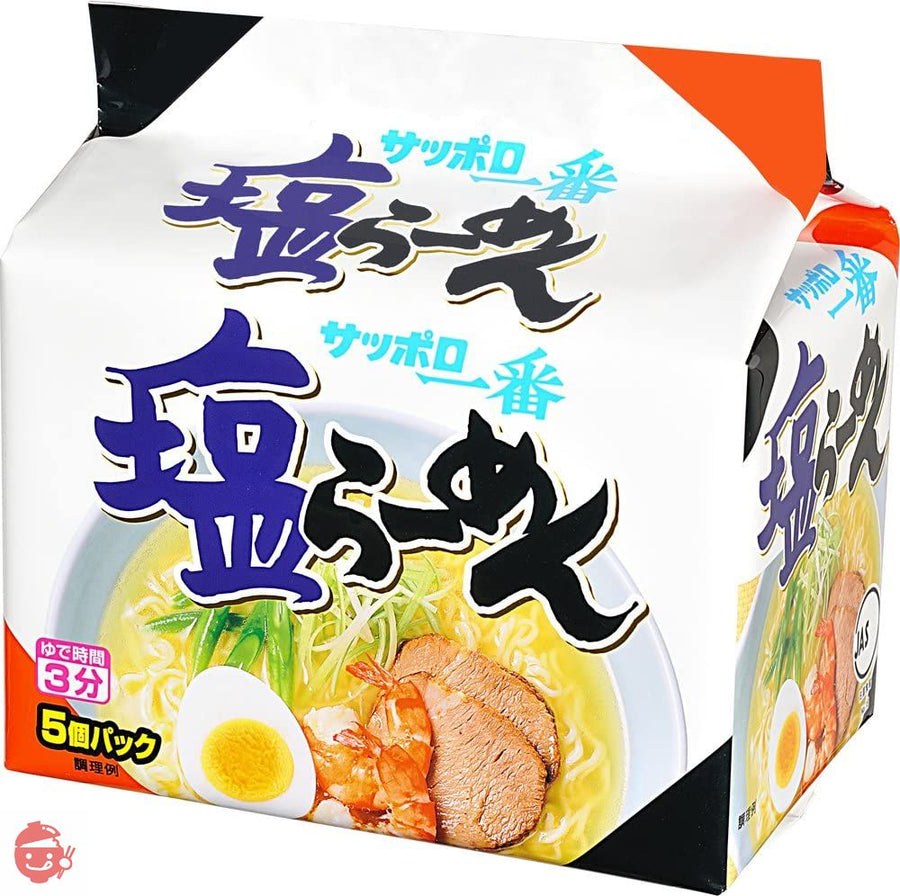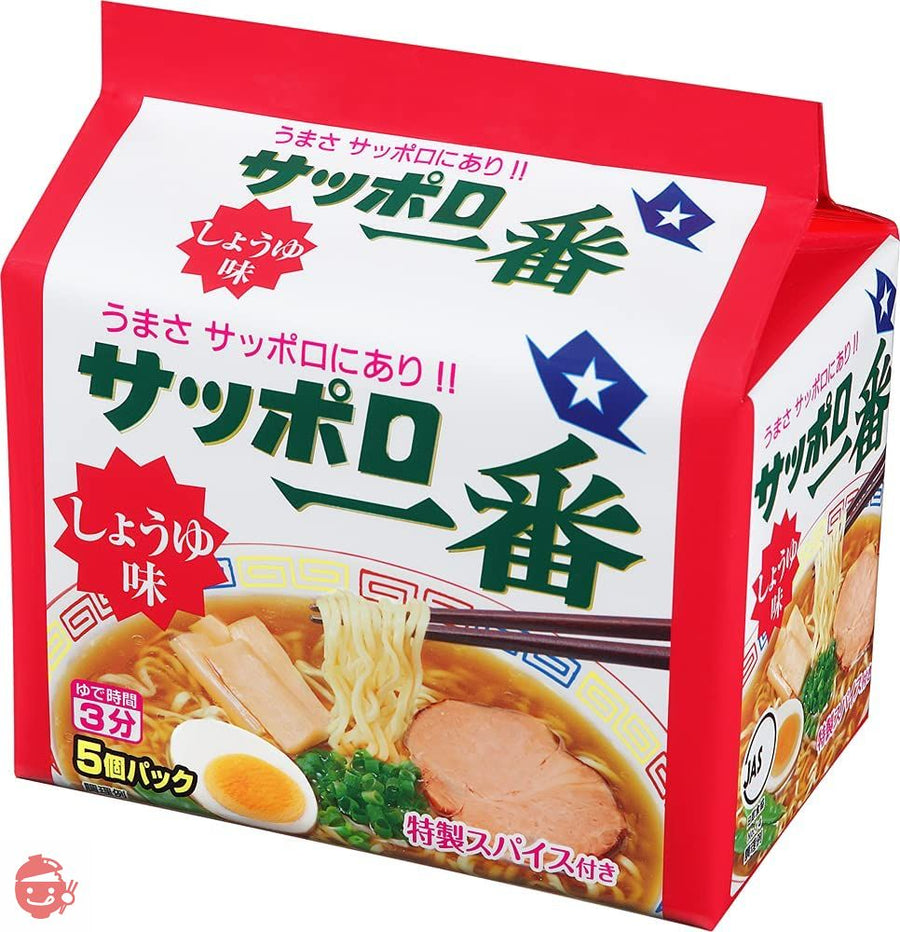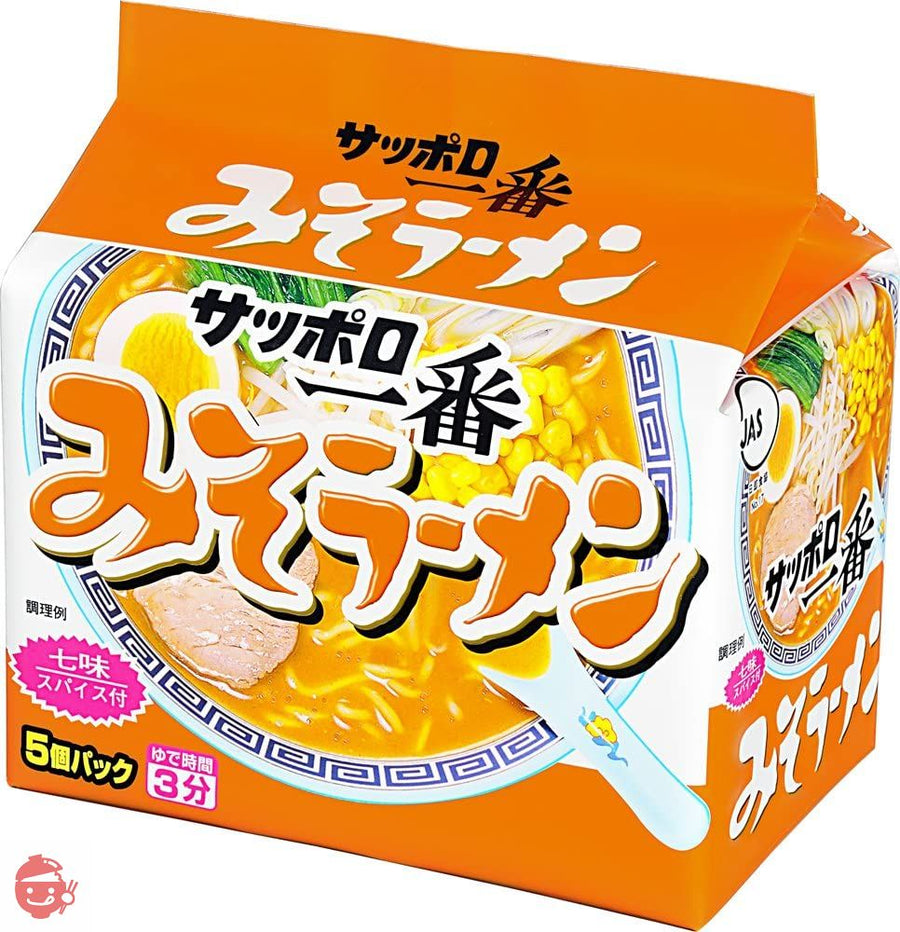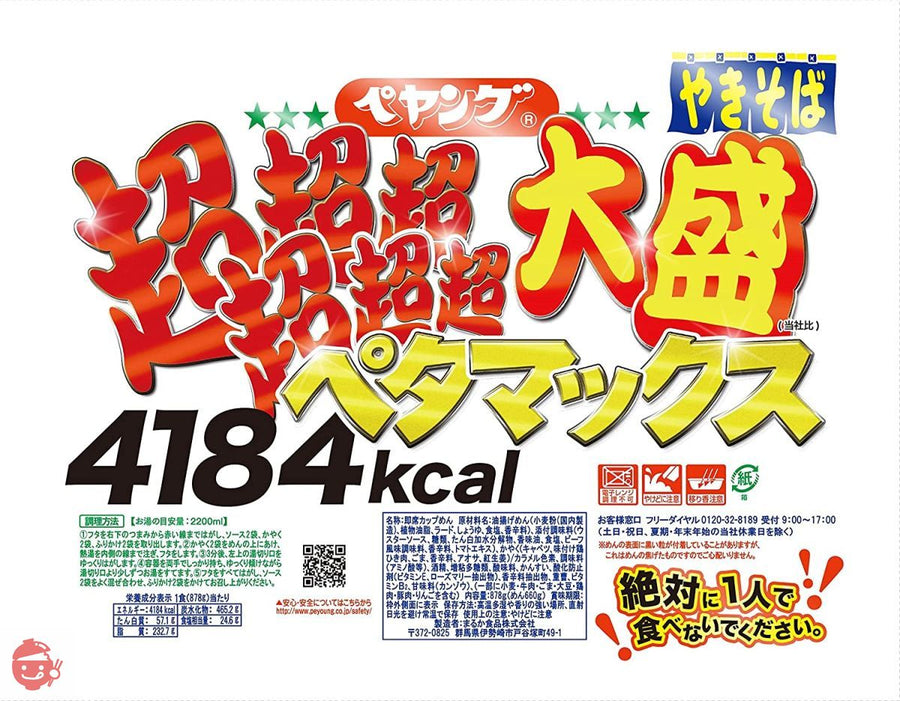| brand | Tree (Iyama) ∞ Kinoshita Flour Milling Co., Ltd. |
| kinds | Udon |
| Product weight | 770 grams |
| product shape | dried noodles |
| Allergy information | wheat |
| package weight | 0.91 kilogram |
| number of units | 3.00 bags |
All three types of udon are made with 100% Sanuki no Yume wheat from Kagawa prefecture. Enjoy the difference in texture. In addition, please store each product at room temperature, avoiding high temperature and humidity. The expiration date is one year after manufacturing.
"Early boiled Sanuki udon (270g (90g x 3 bundles))" has the shortest boiling time (kamenuki: 3 minutes, zaru udon: 4-5 minutes), which is convenient when you're in a hurry. Place the udon noodles in boiling water (at least 1 liter per bundle) and stir slowly to prevent the udon noodles from sticking together.
"Sanuki's Dream Dried Udon (300g (100g x 3 bundles))" is a thin type dried udon. It is characterized by its faint sweetness that spreads in your mouth after you take a breath after you take a bite. Boil more than 1 liter of hot water per 100g. The boiling time is 5-6 minutes for kamaage and 7-8 minutes for zaru udon.
"Sanuki ground flour udon (200g (loose noodles))" is the thickest udon among the three types. Use 1.5 liters or more of hot water per 100 g, and boil for 15 to 18 minutes to your preferred hardness. It takes a long time to boil, but it has a strong texture.
This product is
Raw materials/ingredients
Early boiled Sanuki udon [Ingredients] Flour (wheat (produced in Kagawa Prefecture)), salt [Nutritional information (per 100g)] Energy: 334kcal, protein: 8.3g, fat: 0.4g, carbohydrates: 74.2g, salt equivalent : 4.5g * Estimated value. , Carbohydrates: 74.2g, Salt equivalent: 4.5g * Estimated value. 8.3g, Fat: 0.4g, Carbohydrates: 74.2g, Salt equivalent: 4.5g *Estimated
Caution (Disclaimer) > Please read
We strive to provide accurate product information, but on rare occasions manufacturers change ingredients without prior notice. Therefore, the actual product may differ from the description on the website, so please be sure to check the product label and precautions before use. In addition, the place of origin of fresh foods such as vegetables and fruits may change depending on the season and production conditions. The image is an image. Please note that the actual product and packaging may differ. Consume fresh foods such as vegetables, fruits, meat, and fish as soon as possible after purchase.
Note : The product information on this site is for your reference in selecting products and is not intended to replace the opinions of doctors, pharmacists and other qualified professionals. Before use, be sure to check the product label and precautions that you receive. This product information cannot be used for self-diagnosis to cure illness. If you have allergies or are pregnant, please consult your doctor before purchasing.
| brand | Tree (Iyama) ∞ Kinoshita Flour Milling Co., Ltd. |
|---|---|
| packing size | 32.79 x 23.3 x 3.1cm; 770g |
| Product type | dried noodles |
| Maker | Kinoshita Flour Milling Co., Ltd. |
| Product weight | 770 grams |
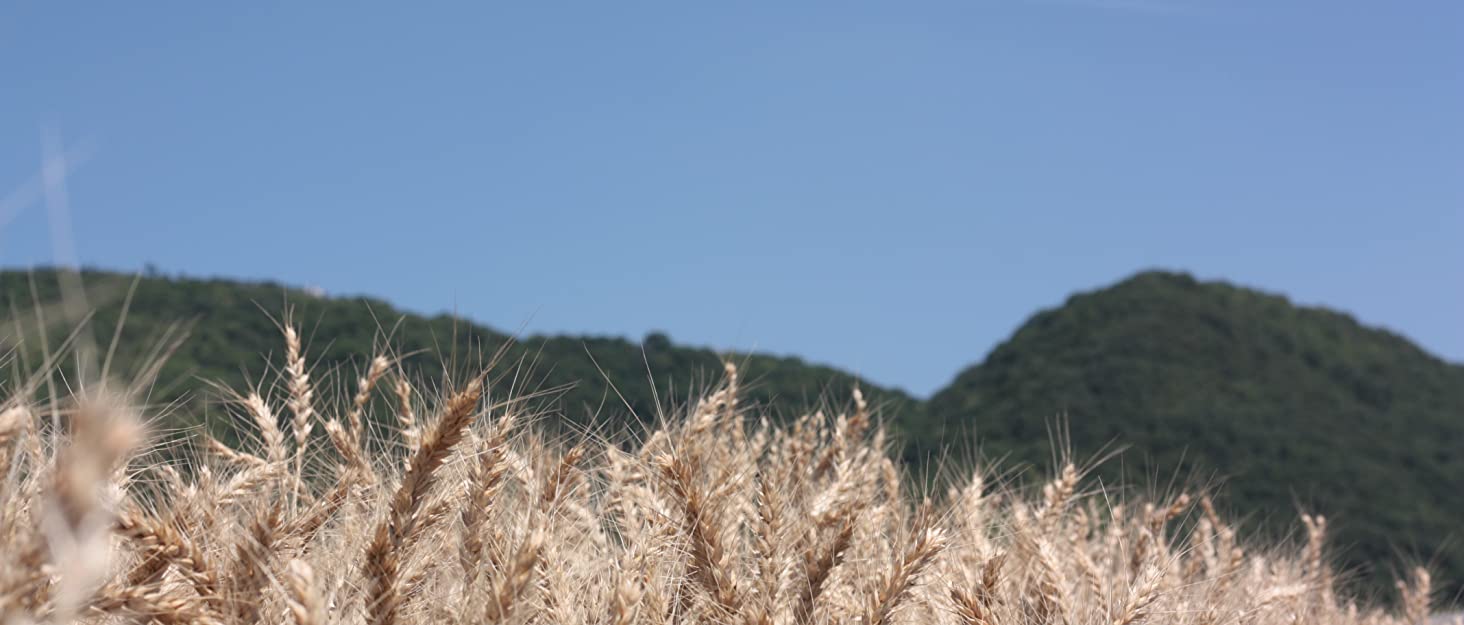
We deliver flour with a difference
You may think that "wheat flour is the same regardless of where it is milled, as long as the raw material is the same".
However, in reality, milling in different places produces different types of flour, which is also a characteristic of each mill.
We deliver flour that makes you feel this difference.
|
|
|
|---|---|---|
soy sauce udonAfter the noodles have been boiled for a little longer, they are immediately soaked in cold water, and the soy sauce is poured directly over the noodles. You can enjoy the texture that makes you feel the firmness of udon. Please enjoy it with green onions and ginger as you like. |
Kamaage Butter UdonPut butter, salt, and pepper on the udon that has been taken out of the pot, and top it with an egg yolk to complete. After that, please enjoy while mixing until it reaches your desired state. |
Shippo udonIn Sanuki, it is a standard menu as a local dish that is eaten during the cold season from autumn to winter. Various vegetables and meat are simmered and served over udon noodles. Even some udon restaurants have a limited winter menu. |
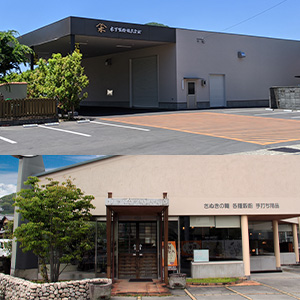
Kinoshita Flour Milling Co., Ltd. and Farina Corporation
In 1946, after the war, our company began as a wheat processing company.
Wheat processing is a system in which the wheat brought in by neighboring farmers is milled and the ground flour is returned to some of the farmers. Since then, we have been in the flour milling business in Sanuki for over 70 years. Taking advantage of small-scale flour milling, we directly deliver "freshly ground flour" to udon specialty stores, bakeries, and individual users nationwide.
In recent years, we have also developed whole wheat flour with a refreshing flavor that cuts off the unpleasant taste, and have also commercialized “Brouwer Whole Wheat Flour” and “Sanuki Whole Wheat Udon”. Natural sugar cut and sufficient dietary fiber intake are now possible.
Farina Corporation became independent from Kinoshita Flour Milling Co., Ltd. in December 2000 as a BtoC sales company. It was difficult to quickly respond to the dual use with business use, and it caused inconvenience, so we became independent as a sales company exclusively for individual users.

History of Sanuki udon and dried noodles
Sanuki has long been known as a high-quality wheat production area, and is described in the encyclopedia "Wakan Sansai Zue" published in the middle of the Edo period (1713).
In addition, salt fields are more famous than wheat, and salt, along with sugar and cotton, form the so-called "Sanuki Sanpaku", and high-quality soy sauce is now made from this wheat and salt. Furthermore, Ibukijima, which floats off the coast of Kanonji City, is rich in anchovies, the raw material for dried sardines, and is used as the soup stock for udon noodles. As you can see, Sanuki has everything you need for udon.
The history of dried noodles dates back to 1598. At that time, a resident of Ikeda Town, Shozu County, was taught how to make somen noodles in Miwa, Yamato Province, on the way to Ise Shrine, and since then, somen production has continued to this day, mainly in Shodoshima.
Thanks to the efforts of our predecessors, the techniques have been handed down to the current Sanuki udon and dried noodles.
●After placing your order, it will normally be delivered within 7 to 14 days. Delivery may take some time due to delivery conditions such as busy times or bad weather. Please note.
●All products we send will be shipped as "personal imports", so the importer will be the purchaser.
●It is possible to deliver to business addresses such as workplaces and commercial facilities, but since this is a personal import, we can only ship to those who can provide the importer's (purchaser's) address, phone number, and name. .
●In rare cases, a product may not be able to be shipped due to customs regulations. Please note that this is out of our control, so we will contact you in that case.
●After placing your order, there is a possibility that the item may be out of stock due to time differences. We will contact you in that case.
●If delivery is not possible due to incorrect delivery address, long-term absence, etc., we will not be able to refund the product price.
●All products are written in Japanese only.















